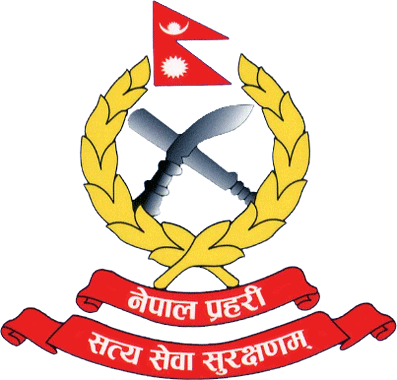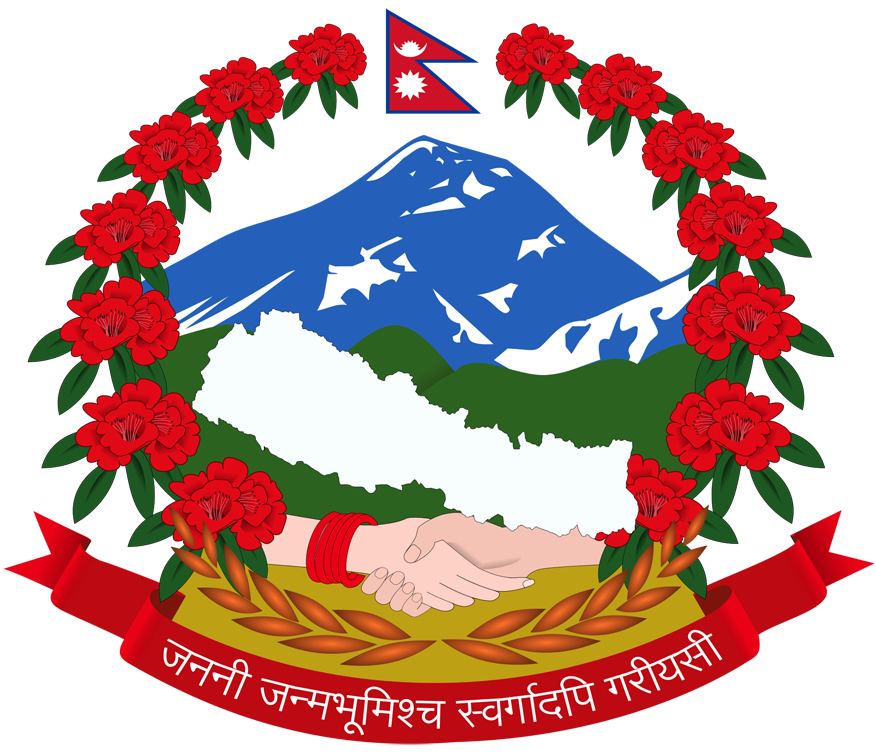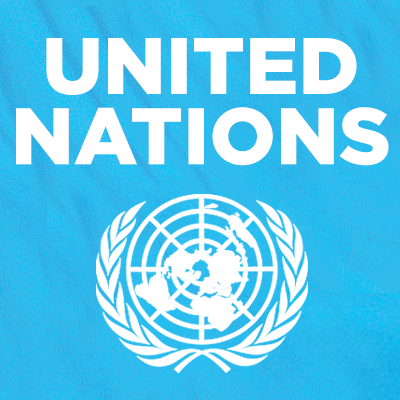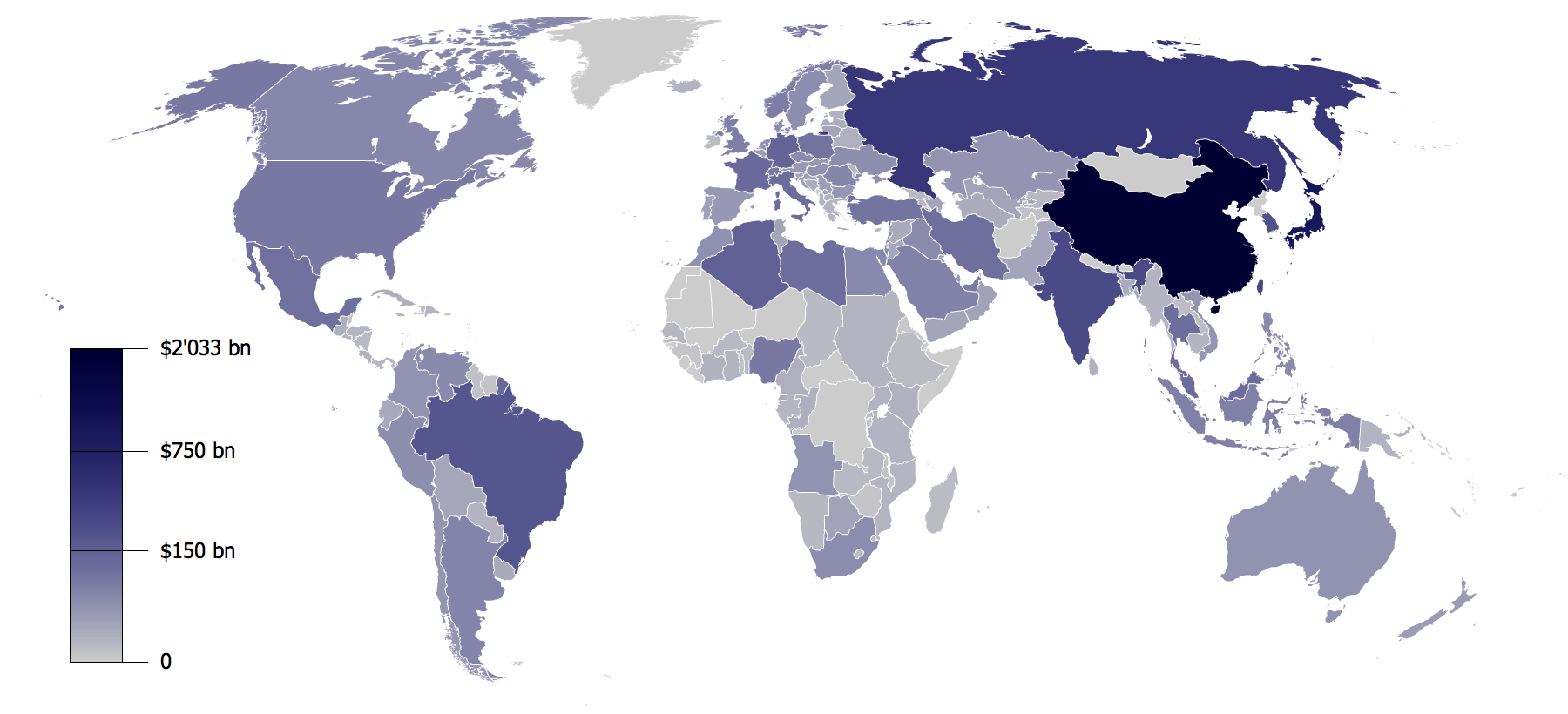Transparency
“Transparency is a characteristic of government, companies, organization and individuals that are open in the clear disclosure of information, values, plans, process and action.” – Transparency International
Transparency creates accountability and helps in control of corruption.
Why transparency?
- Transparency creates non corrupt administration
- Ownership of public on public activities
- Increase effectiveness of public service
- Increase public trust and bring democratic practice to life
- To improve public sector, increase responsibility, decrease spending
Increasing transparency
- Article 27 of Constitution of Nepal 2072 has kept right to information as fundamental rights
- Right to information Act 2064
- Use of citizen charter
- Use of spokes person in all ministries
- Information flow via websites
- Other means of publishing information like bulletin, monthly/yearly magazine etc
- Decrease discretionary power
- Work with public
- clear division of work
- code of conduct, citizen charter etc
- Public pressure
Where transparency is important? 
Working process of official, policy law and working procedure, decision making process, information flow, budget, code of conduct, press
Right to Information
Article 27 – Constitution of Nepal 2072 – “Every citizen shall have the right to seek information on any matters of concern to her/him or the public. Provided that nothing shall be deemed to compel any person to provide information about which confidentiality is to be maintained according to law.”
Process of Obtaining Information in Nepal from public sector
Demand information from concern officer (no cost) – If no information is provided after 15 days, complain can be filed to the chief of the office within 7 days – If no hearing is done by the Chief of office within 7 days of request, complain can be filed at national information commission within 35 days.
Exception to right to information
- Information which may have negative impact in country’s sovereignty, unity, national security, peace or international relation
- Information relating to ongoing criminal investigation which may effect the result
- Information with impact on economic, business and monetary well being, intellectual property, banking or business secrecy.
- Information which may destroy harmony among different ethnic communities
- Personal privacy and information related to health, property and security threat
Article 28 – Constitution of Nepal 2072 – Right to privacy – “Except in circumstances provided by law, privacy in relation to the person, and their residence, property, documents, records, statistics and correspondence, and their reputation are inviolable.”
Problem establishing right to Information
- No effort taken for internalization of right to information
- Behavior yet to change and embrace openness
- No priority to information collection, analysis, classification, storage and publication
- Complex process of requesting and delivering information
- Institutional mechanism not effective concerning right to information
Nature of public information
- Realistic
- timely accessible
- economic
- clear
- released by authentic person










Dherai ramro xa .